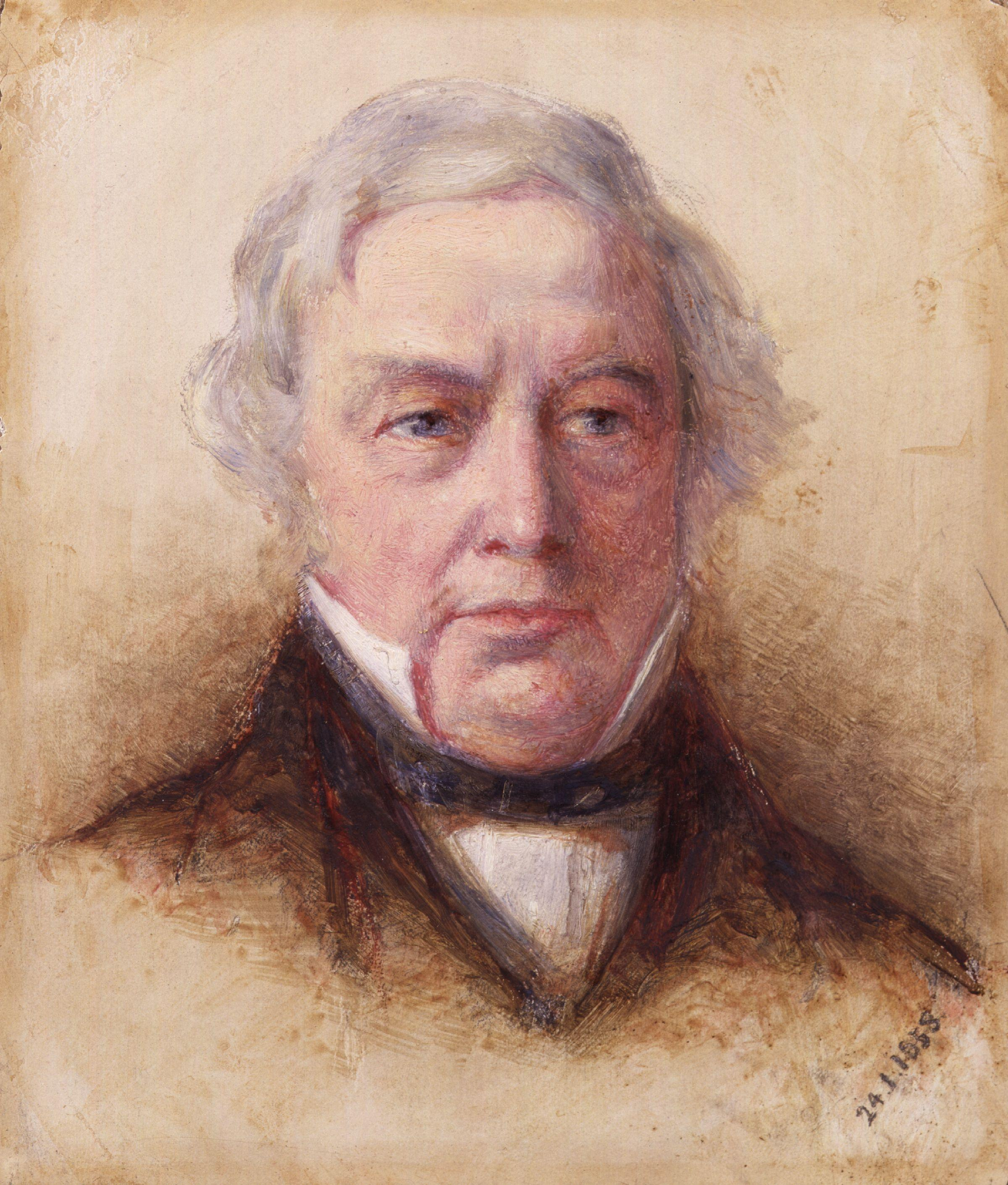Thomas Love Peacock angol költő, regény- és drámaíró.
Apja londoni üvegkereskedő, aki fia születését követően hamarosan elhunyt. Thomas egy magániskolában tanult a surrey-i Englefield Greenben. Korán, már tanulmányai közben elkezdett írni. Első önálló írásai nem voltak túl sikeresek. Az első, The Monks of St. Mark , 1804-ben, a második 1806-ban jelent meg, ezt követte 1810-ben a The Genius of the Thames , a The Philosophy of Melancholy 1812-ben, valamint néhány, nem túl jelentős lírai és egy-két soha elő nem adott színpadi mű.
Rövid ideig a Brit Királyi Haditengerészet egy parancsnokának, Sir Home Riggs Pophamnak magántitkára volt. Ebben az időszakban egy walesi utazása során ismerkedett meg Percy Bysshe Shelley-vel. Első sikereit az 1816-ban kiadott Headlong Hall című novellájával érte el. 1817-ben Great Marlow-ba költözött, ahol napi kapcsolatban volt Shelley-vel. Ebben az évben jelent meg következő novellája, a Melincourt. Itt készült el leghíresebb írása is, a Nightmare Abbey .
Egy volt iskolatársa, Peter Auber közbenjárására 1819-ben munkát kapott a Kelet-indiai Társaságoknál.
1820-ban elvette a walesi Jane Gryffydh-et, akit előtte még sohasem látott. A kezét regénybe illő módon, levélben kérte meg. Négy gyermekük született. Lányuk, Mary Ellen Peacock lett az író és költő George Meredith első felesége.
Édesanyja haláláig a következő művei jelentek meg: Maid Marian , The Misfortunes of Elphin , Crotchet Castle , ezután ideiglenesen cikkírásra korlátozta irodalmi tevékenységét. A Westminster Review és a The Examiner napilapok hasábjain publikált.
A Társaságnál egyre fontosabb feladatokat látott el, többek között sikeresen védte annak liverpooli sóadóval kapcsolatos állásfoglalását James Silk Buckingham támadásai ellenében. Indiába gőzhajózott, ahol a Képviselőház több bizottságában is képviselte a Társaságot. 1835-ben Peacock volt a felelős Francis Rawdon Chesney eufráteszi expedíciójának megtervezéséért és szervezéséért. 1836-ban, James Mill halálát követően átvette annak hivatalát az India House vizsgálóbizottságának élén. 1839 és 1840 között a Kelet-indiai Társaságok főfelügyelőjeként a Jóreménység fokának megkerülésére tervezett acélépítményű gőzhajók kivitelezését felügyelte. Ezeket egyébként az első ópiumháborúban is bevetették. 1856-ban visszavonult, a Kelet-indiai Társaságoktól tisztes nyugdíjban részesült.
Wikipedia
✵
18. október 1785 – 23. január 1866
